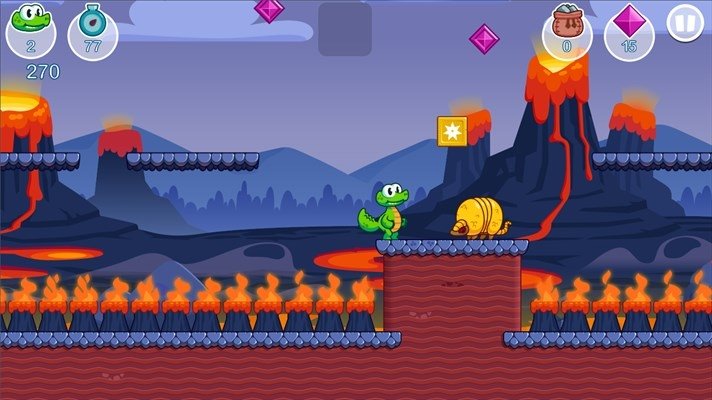


"Today we're introducing three revolutionary products in this class: an iPod, a phone and an internet device. "In 2001 we introduced the first iPod, and it didn't just change the way we listen to music - it changed the entire music industry," he said. To protect the iPhone, Mr Jobs said the company had filed more than 200 patents. The iPhone will be available in the US from June, in Europe from October and in Asia in 2008. A 4Gb model will be available for $499 (£257) and an 8Gb model for $599 (£309). The battery life of the phone will allow five hours of talk time, video and browsing, and 16 hours of audio playback. It has a proximity sensor that automatically deactivates the screen and turns off the touch sensor when the device is raised to a user's face. The iPhone also shows album artwork and functions as a personal organiser.

The handset dispenses with buttons, in favour of a powerful screen that responds to touch. And we're going to do it again with the iPhone in 2007." "It's very fortunate if you can work on just one of these in your career. "Every once in a while a revolutionary product comes along that changes everything," he told his audience yesterday. Mr Jobs said that the iPhone would "reinvent" the telecommunications sector.

The announcement, widely expected by industry insiders, was greeted with cheers from a loyal audience of Apple fans at the Macworld Expo in San Francisco. The iPhone will use Apple's OSX operating system and allow users to watch films and download songs, store photos, as well as offering email, calendar and contacts services found in products such as the Blackberry. The touchscreen handset will combine internet access and iPod music with a built-in 2 megapixel digital camera and video playback features.Īpple's chief executive, Steve Jobs, launched what he called a "magic", "super-smart", super-hyped device, which also provides the more mundane functions of the traditional phone.


 0 kommentar(er)
0 kommentar(er)
